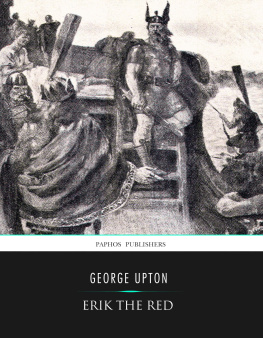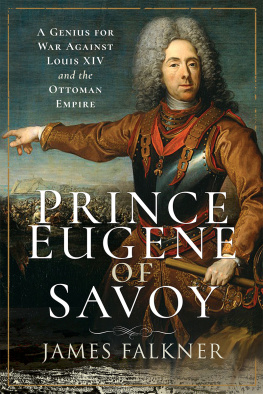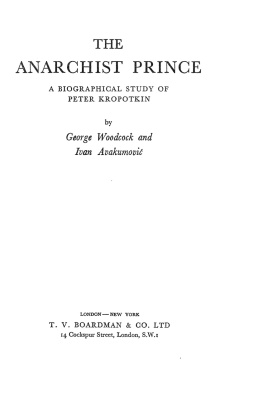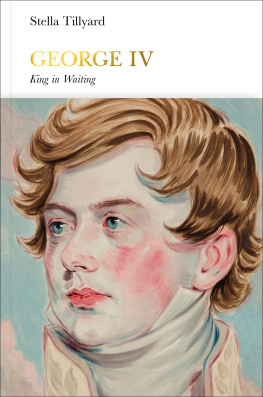PRINCE EUGENE, THE GREAT WARRIOR and statesman, although scion of an Italian family, and by birth a Frenchman, became a thorough German. He appeared at a critical time in the relations between Germany and France, to save his adopted fatherland from destruction, and to illuminate the darkest period of German history with the glory of a series of the most splendid and heroic achievements. The historian Von Sybel calls him the greatest general and statesman of Austria. As a statesman he overtops the greatest of his successors, Kaunitz and Stadion. As a general he fills a place, chronologically and in rank, just between Gustavus Adolphus and Frederick the Great. He was a dashing hero and at the same time possessed a sympathetic nature. He was a genial companion, a conscientious patriot, a master in politics, and an upright man. Wherever he appeared he charmed. Although a born Frenchman of Italian stock, he showed truer German feeling and spirit than most of the Austrian leaders. He was one of those characters whom any nation might be proud to possess. He served the Austrian imperial house for fifty-three years, thereby contributing to the glory of the country.
PRINCE EUGENE OF SAVOY-CARIGNAN, THE hero of this story, takes foremost rank among the greatest generals and statesmen of all times. This strange French-sounding name may seem odd for a German hero; but in this case it is quite misleading, for no one ever had deeper German sympathies; no German soldier ever hated the people on the banks of the Seine more bitterly. He gave them plenty of hard blows, and has been christened by the German people and not without reason"Prince Eugene, the chivalrous knight.
Prince Eugene was born in Paris, although his ancestral land was Savoy, the well-known duchy, formerly part of upper Italy, a barren mountainous country. He first saw the light in the capital city of that country which was afterwards to suffer so cruelly by his mailed hand, The ways of Providence often seem strange, as in this instance, when in the heart of France the man was born who was to teach France and the Frenchmen respect for the Germans. France had ever been arrogant toward Germany, and was particularly so at that time and until, in 18131415 and later in 1870 and 1871, she was taught a wholesome lesson.
And now I must tell you how Prince Eugene came to be born in Paris. In the first half of the seventeenth century Prince Thomas Francis of Savoy, youngest son of the reigning Duke Charles Emanuel the First, founded the collateral line of the house of Savoy-Carignan. His wife was Marie of Bourbon, sister and heiress of the last Count of Soissons; his two sons, Emanuel Philibert and Eugene Maurice. The latter took the title of Count of Soissons and married Olympia Mancini, a niece of the notorious French minister, Mazarin. From this marriage sprang three daughters and five sons, of whom Prince Eugene was the youngest.
History tells us that Prince Eugenes father was a man of gracious manners and of a brave and genial disposition. He distinguished himself in feats of arms, and was therefore a favorite at the court of King Louis the Fourteenth of France. Eugenes mother was a beautiful woman and very fond of the gay life of the time; to her all the homage was rendered that feminine beauty and wit were wont to receive at the brilliant court of His Most Christian Majesty.
The palace of Count Eugene Maurice of Soissons was situated upon the site where the great Grain Market of Paris now stands. If one of my readers should happen to visit that city he may look upon the spot and meditate upon the instability of all earthly things. This palace had a long, memorable, and brilliant history. In the fourteenth century it was the property of King John of Bohemia, of the house of Luxembourg; it next served as the cloister of a sect of expiatory nuns and later passed into the hands of the notorious Catherine de Medici, who furnished it in all the extravagant taste of the time. It stood in the midst of splendid gardens, embellished with fountains and colonnades; and in the interior of the park was a chapel of truly royal magnificence. It may be, that in this sacred spot Catherine de Medici, mother of that monster, Charles IX, may have conceived the idea, for the advancement and honor of her church, of the Paris massacre. It was in this palace that Eugene was born, October 18, 1663, one hundred and fifty years before the great battle of Leipzig, a victory which broke the power of the first Napoleon over Germany. This date, which the year 1813 made a memorable one for Germany, would seem more suitably marked in our calendars by the name of Eugene or Lebrecht rather than by that of some saint.
Before we concern ourselves with Eugene or his parents, let us finish the history of the palace of Soissons. For almost a century it remained in the hands of the family. Then a dishonest Scot by the name of Law founded a bank in Paris, which soon became bankrupt, beggaring many thousands of the well-to-do citizens. At last the city of Paris bought the ill-fated building in order to erect on the site of so much crime and sin, wild lust and miserable treachery, a very practical building, the above-mentioned Grain Market, thereby to wipe out the dark past.
Eugenes cradle stood in the midst of gay and luxurious surroundings. The palace of Soissons was the resort of the flower of the French nobility. Brilliant fetes, in which the King never failed to be among the guests, followed one another, and the youthful mistress, the beautiful Italian, Olympia Mancini, was the flower of them all. At last the magnet lost its power, as it is ever prone to do where court life is subject to the moods and caprices of a tyrannical ruler. Intrigues were set on foot against the Count and Countess of Soissons; their powerful relative, the minister Mazarin, had long been dead, and both of them were banished from the court by a royal decree dated March 30, 1665, and ordered to their country estates. One can imagine the feelings of Olympia particularly, who had been the petted favorite and ornament of the royal court for years. She shed no vain tears over her fate, however, but cherished in her heart a thirst for revenge. She now hated with a deadly hatred the King whom she had loved and honored, and this sentiment she inculcated in her children. This seed, hatred of the house of Bourbon and particularly of the King, fell in good soil. Her son Eugene preserved this heritage from his mother throughout his whole life.
Eugene was ten years old when his father suddenly died. After this blow, fortune seemed utterly to forsake the Countess. In order to retrieve it, she was ready to seize on any means, even the most unworthy. She studied astrology and fortune telling, and in this way became associated with a person named Voisin, who was finally prosecuted as a poisoner. Just in time Olympia, learning that she was to be arrested as an accomplice, fled to Flanders. But even abroad, in Brussels, she was pursued by the hatred of her former friends. It was Louiss minister Louvois particularly who heaped insults upon her.












